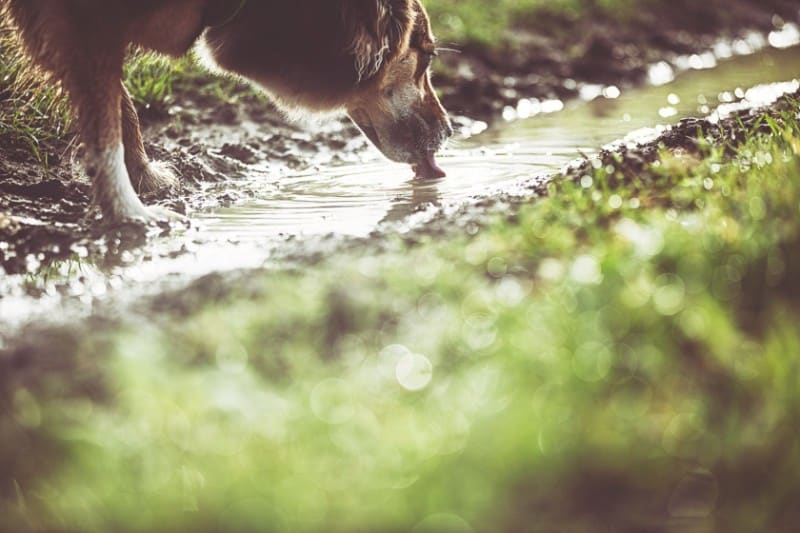What You Need to Know About Canine Parvovirus

Canine parvovirus, also known simply as “parvo,” is a condition that strikes fear in the hearts of dog owners – and for good reason. This highly contagious virus can cause massive amounts of suffering in afflicted pets and is often fatal.
Because parvo is found throughout our environment, all dogs (especially unvaccinated dogs and puppies under 4 months of age) are at risk for contracting the disease. Pet owner education is critical when it comes to preventing this devastating illness.
Know the Signs
Parvovirus attacks the gastrointestinal tract, white blood cells, bone marrow, and heart tissue. Because so many bodily systems are affected, the immune cells usually struggle to keep up with the spread of the disease, allowing even more toxic substances to enter the bloodstream.
Please contact us immediately if you notice any of the following signs of parvo in your pet:
- Lethargy
- Loss of appetite
- Bloating
- Vomiting
- Severe, foul smelling, bloody diarrhea
- Fever
Treating Canine Parvovirus
There is no drug to cure canine parvovirus, so treatment is supportive in nature. A dog’s chances of survival increase with early, aggressive therapy. Older animals and those who have been partially vaccinated tend to have better outcomes than puppies.
Animal Medical Hospital & Urgent Care is the only local veterinary hospital to offer a parvo treatment plan at a set rate. This has made our hospital one of the most affordable options in the area for parvo treatment.
Protecting Your Pup
The parvovirus is extremely hardy. It can resist heat, cold, and drying, and it can survive in the soil for long periods of time. Parvo can contaminate the surfaces of pet food bowls, kennels, leashes and collars, and can even linger on the people and objects that come into contact with an infected dog.
Vaccinating your dog against canine parvovirus is the most effective way to prevent them from catching the disease. If you’re not sure whether your dog’s parvo vaccination is current, please contact your veterinarian.
Additional ways to help stop the spread of parvo include:
- Keep puppies under 5 months old away from areas where other dogs congregate (dog parks, boarding kennels, doggie daycare, etc.).
- Never allow your dog to investigate the fecal matter of other dogs; clean up and properly dispose of your dog’s waste to limit the spread of the disease.
- Wash your hands and change clothes immediately after handling a sick dog or one who has been exposed to parvo.
- Quarantine dogs and those that have been exposed inside your home. Don’t allow them to come into contact with other animals or people.
Parvo is scary, and fighting the disease is a tough battle. Vaccinations and regular wellness checkups are your pet’s best defense against canine parvovirus. Please don’t hesitate to contact our staff for more information.
